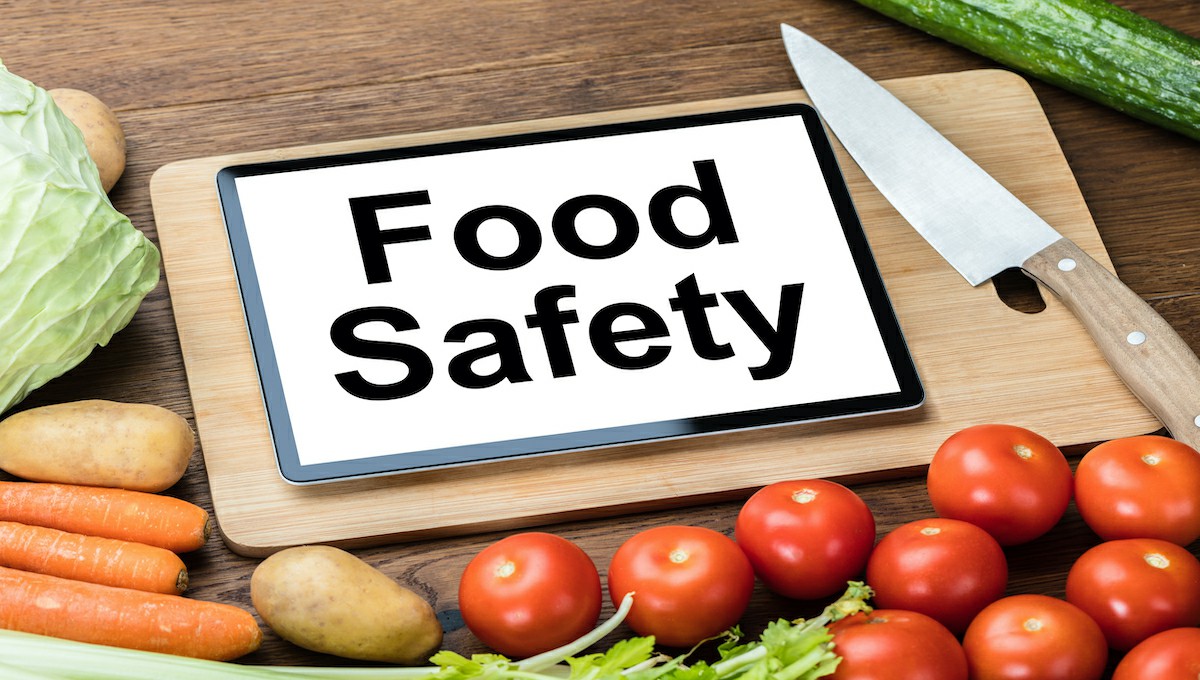The Vital Role of HACCP Training in Ensuring Food Safety Compliance in Dublin, Cork, Galway, and Beyond
In the bustling culinary landscape of Ireland, from the picturesque streets of Dublin to the vibrant hubs of Cork, Galway, Limerick, Waterford, and Belfast, ensuring food safety is not just a priority—it's a legal requirement. Hazard Analysis Critical Control Point (HACCP) training stands at the forefront of this necessity, serving as a comprehensive framework designed to protect public health by minimizing food safety hazards. This blog explores the critical reasons HACCP training is necessary for food businesses, delving into its principles, compliance requirements, and the manifold benefits it offers.
What is HACCP? Understanding the Core Principles of Food Safety
HACCP is a systematic approach that identifies, evaluates, and controls food safety hazards that could compromise the integrity of food products. Its seven core principles include:
- Conduct a Hazard Analysis: Identify potential hazards that could affect food safety.
- Determine Critical Control Points (CCPs): Establish points in the process where hazards can be controlled or eliminated.
- Establish Critical Limits: Set maximum or minimum values for each CCP to ensure safety.
- Establish Monitoring Procedures: Develop procedures to monitor CCPs to ensure they remain within critical limits.
- Establish Corrective Actions: Define actions to be taken when monitoring indicates a CCP is not under control.
- Establish Verification Procedures: Ensure that the HACCP system is working effectively.
- Establish Record-Keeping Procedures: Document all procedures and monitoring activities to maintain compliance and accountability.
The Business Benefits of HACCP Training and Certification in Ireland
Participating in HACCP training provides numerous advantages for food businesses:
- Legal Compliance: HACCP training is legally mandated for food businesses across Ireland, ensuring adherence to EU and national food safety laws.
- Risk Management: By implementing HACCP practices, businesses can significantly reduce the risk of foodborne illnesses, protecting their customers and reputation.
- Consumer Trust: Clients today are increasingly health-conscious. Demonstrating a commitment to food safety through HACCP certification helps build customer confidence and loyalty.
- Enhanced Efficiency: A structured approach to food safety can lead to better processes and improved operational efficiency within the organization.
- Market Competitiveness: In an increasingly competitive marketplace, HACCP certification can distinguish your business from others, making it more attractive to consumers and partners.
How to Get HACCP Certified: A Step-by-Step Guide for Food Businesses
Obtaining HACCP certification involves several carefully structured steps:
- Enroll in a HACCP Training Course: Choose a reputable provider that offers HACCP training in Dublin, Cork, Galway, Limerick, Waterford, or Belfast.
- Understand HACCP Principles: Familiarize yourself with the seven HACCP principles to lay a solid foundation for your food safety protocols.
- Develop a HACCP Plan: Utilize the knowledge gained to create a tailored HACCP plan for your operations, identifying CCPs and mitigation strategies.
- Implement the Plan: Put the plan into action, ensuring that all team members are trained and engaged in following the established procedures.
- Conduct Regular Audits: Perform ongoing monitoring and internal audits to ensure compliance and continuous improvement.
- Seek Certification: Approach a recognized certification body to verify your compliance with HACCP standards.
Comparing Online vs. In-Person HACCP Training Courses
Food business owners have the opportunity to choose between online HACCP training and in-person sessions. Each has its pros and cons:
- Online HACCP Training: Flexible and accessible, allowing participants to learn at their own pace from anywhere.
- In-Person HACCP Training: Offers a hands-on approach with direct interaction with instructors, ideal for practical understanding.
Choosing the best option depends on your specific operational needs and learning preferences.
Common HACCP Violations and How to Prevent Them
Even with training, businesses can face common HACCP compliance issues, such as:
- Neglecting record-keeping, which can lead to compliance challenges.
- Failing to monitor CCPs effectively.
- Inadequate staff training on new protocols.
Prevention strategies include regular training updates and routine checks to ensure adherence to all procedures.
How HACCP Compliance Enhances Business Reputation and Consumer Confidence
In Ireland’s competitive food industry, adherence to HACCP standards elevates your business reputation. Customers are more likely to choose establishments with credible food safety practices, making HACCP certification a crucial aspect of your marketing and customer relationship strategies.
Conducting a HACCP Audit and Maintaining Ongoing Compliance
Regular HACCP audits are essential for ongoing compliance. These audits should focus on:
- Assessing the effectiveness of existing HACCP plans.
- Identifying areas for improvement.
- Updating HACCP plans as necessary based on changes in food safety regulations or business operations.
Conclusion & Call to Action
In conclusion, HACCP training is not merely a legal obligation; it is a foundational element of food safety for all food businesses across Ireland. Whether you operate in Dublin, Cork, Galway, Limerick, Waterford, or Belfast, investing in the right HACCP training and certification will safeguard your products, enhance consumer trust, and bolster your market position. For further information or to enroll in our HACCP training courses, contact us at [email protected]. Take the first step towards achieving full HACCP compliance today!



 349,500 Offered Certificates
349,500 Offered Certificates
 24/7 Online Training
24/7 Online Training
 Money Back Guarantee
Money Back Guarantee
 Fully Accredited Courses
Fully Accredited Courses
